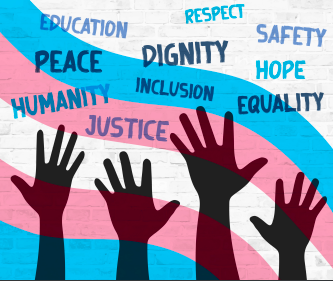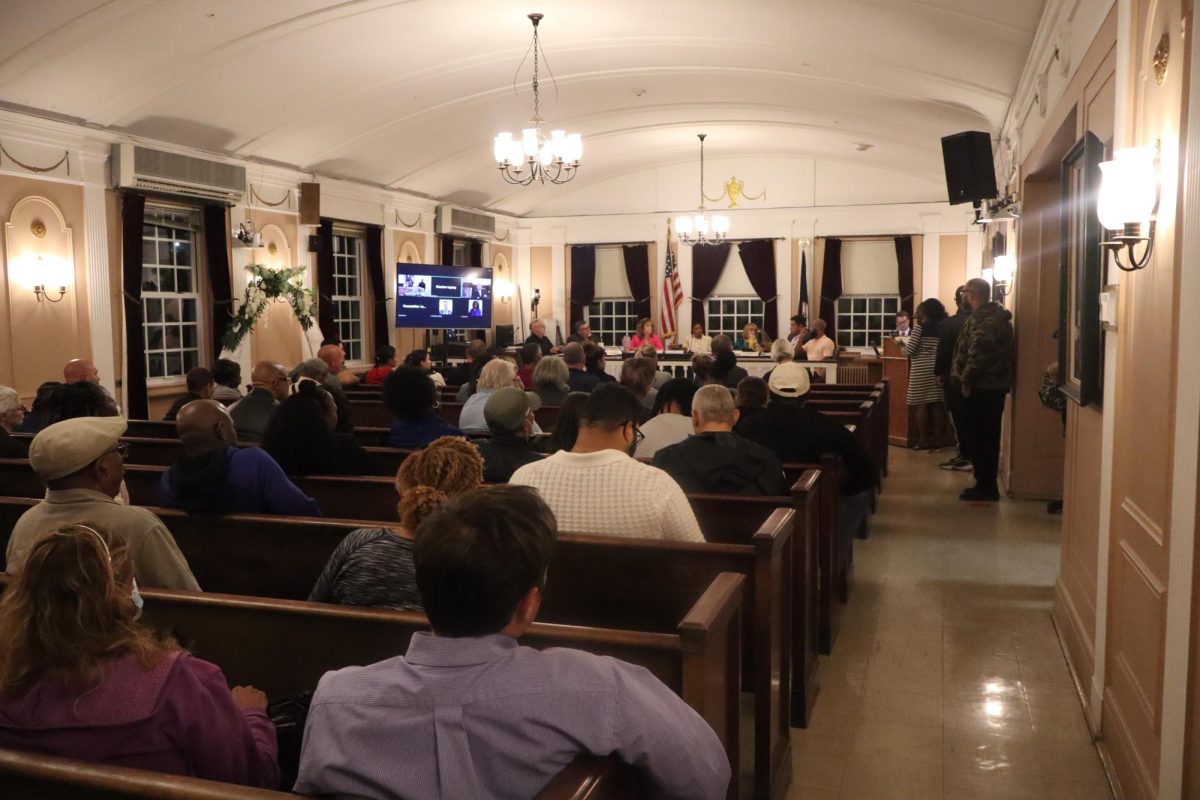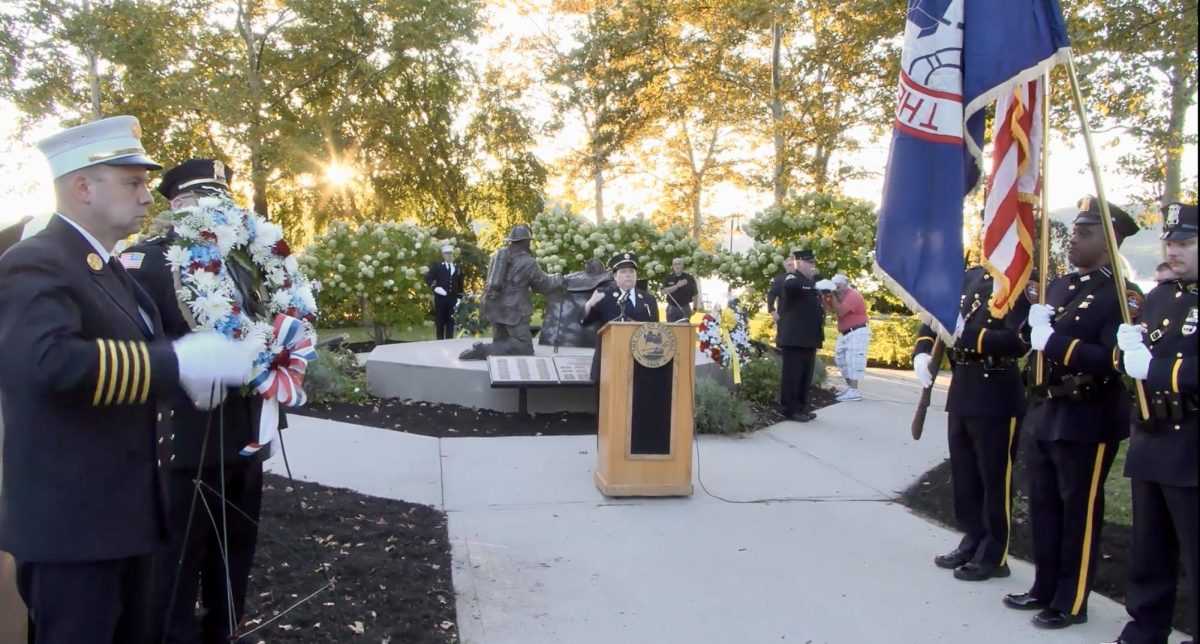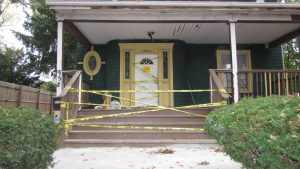What is DASA and ways it can be used to combat bullying

June 20, 2023
As the Peekskill school community continues to grapple with accounts of bullying in the wake of Gianlukas Illescas’s May 25 death, there have been reports of parents unaware of resources available to them. Superintendent David Mauricio addressed this in his weekly message on the district’s website Friday.
Mauricio said that he and the Board of Education listened intently to the personal experiences and concerns from the June 6th board meeting and the services that are available at schools are highlighted in his letter.
“Moving forward, in addition to our normal summer planning over these next two months with our administrative team, I am expanding our work to include an intensive review of our current preventive programs and intervention methods. I have personally begun the effort through conversations with our administrative team, our community’s leaders and other stakeholders. Conversations over the summer will allow us to bring new approaches and programs to our District next year,” wrote Mauricio. One of the various potential areas of focus mentioned in the weekly message is communication. “Improve our communication bilingually regarding available resources in the school and community, procedures, policies and supports.”
Schools in New York have personnel specifically trained to investigate and address issues of bullying or harassment. The June 6th school board meeting and the June 12 Common Council meeting made it clear that the Hispanic community in Peekskill struggles to get their children help due to language constraints.
New York State Dignity for all Students Act (DASA) seeks to provide the state’s public elementary and secondary school students with a safe and supportive environment free from discrimination, intimidation, taunting, harassment, and bullying on school property, a school bus and/or at a school function. Signed into law by former Governor David Paterson on September 3, 2010, it officially began in all NY schools on July 1, 2012. The act was amended to include cyberbullying the following year.
This act holds students liable for making comments, either in person, on paper or through the internet on a student’s race, color, weight, ethnicity, religion, religious practices, disabilities, sexual orientation, gender or sex.
DASA requires all NY schools to provide students, staff, and guardians with information about DASA, including the identity of the DASA coordinator. Information must be provided in languages other than English when necessary.
After filing a DASA Complaint Form, a prompt and thorough investigation begins. A DASA Coordinator or Administrator typically leads the investigation with the help of school resource officers and mental health professionals. All involved in the alleged incident are interviewed separately in a calm, problem-solving, investigative approach to find out: What exactly was said and done (evidence is saved; including recordings), motive/intent (anger, misguided joke, threat of harm to safety), relationship and past history (one time occurrence or repeated), and impact or perceived impact on school functioning.
After investigating the incident, parents or guardians to those involved in the incident are contacted and the DASA Coordinator will make a determination as to whether the incident is “material”. A material incident under DASA is a single incident or series of related incidents, whether a student is subjected to discrimination and/or harassment by student and/or employee, creates a hostile environment with or without physical contact and/or by verbal threats, intimidation, or abuse, and an act severe or pervasive enough to substantially interfere with education, well-being, or fear for physical safety.
When addressing the problem and context, the following is considered when determining the appropriate consequence: student’s age and developmentally-appropriate conduct, specific offense and circumstances of incident, student’s prior disciplinary record, input from persons in parental relation, teachers, mental health professionals as appropriate, and disability status. The Act requires that remedial responses should be designed to correct the problem behavior, prevent another occurrence of the behavior, and protect the target of the problem behavior.
DASA Coordinators provide summary data of reports for the semester to the school leader. School leader reviews and collates summary data from coordinator and includes in the principals annual report to the Superintendent. The Superintendent reviews the principal’s annual report and provides a certified accurate count of all material incidents from the school year to the New York State Education Department. All DASA Incident reports are filed or maintained electronically in a central location for the period of time required by the NYS Records Retention Rules. DASA Incident Reports are not filed as a part of a student’s school record.
DASA mandates that one employee of each school building be trained as “DASA Coordinators” A DASA coordinator is responsible for investigating and addressing issues of harassment, or any situation that threatens the emotional or physical health or safety of any student, school employee, or any person who is lawfully on school property or at a school function. The following are the DASA Coordinators for each school in the Peekskill City School District;
Uriah Hill School – Carmen Vargas / Samara Arrendonde
Woodside Elementary School – Staci Woodley / Maryam Castro
Oakside Elementary School – Meliisa Cruz / Fanny Glassberg
Hillcrest Elementary School – Kerianne Harrison / Ana Bueno DeLeon
Peekskill Middle School – Donald Peters / Stacey Bean
Peekskill High School – Christian Zambrano / Mike Diago
Click here for more information regarding DASA by the Peekskill City School District.












